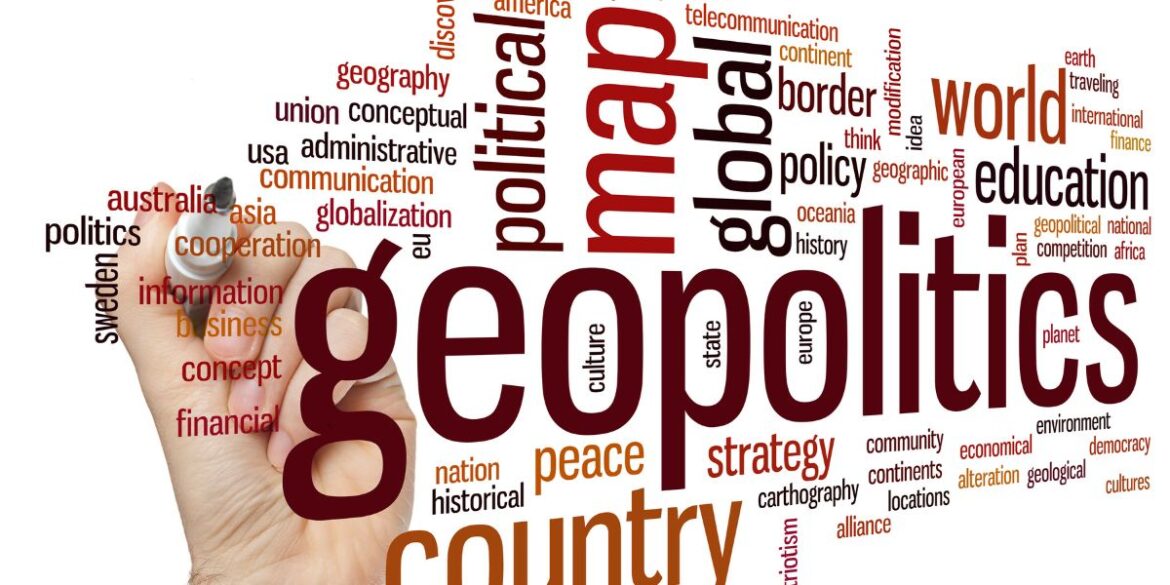Brent crude oil prices climbed sharply during the week of January 6 to January 10, 2025, marking their highest weekly settlement since October 2024. Futures for Brent crude rose by 4.2%, closing at $79.76 per barrel. This substantial gain was fueled by an intense cold spell sweeping across North America and Europe, which triggered a spike in heating fuel demand. Simultaneously, renewed geopolitical strains—particularly the threat of additional sanctions on Russian and Iranian oil exports—amplified market anxieties, lending further momentum to the rally.
Meteorological agencies reported record-low temperatures in key industrial zones across the Northern Hemisphere, resulting in surging consumption of heating oil and natural gas. This abrupt increase in demand coincided with already tight inventories, exacerbating concerns over supply security and prompting governments to fast-track energy contingency measures. In Europe, discussions accelerated on strategies such as redirecting LNG shipments, bolstering storage facilities, and securing long-term supply contracts.
The volatility wasn’t limited to oil. Gas markets displayed mixed signals, with the Dutch Title Transfer Facility (TTF) gas benchmark exhibiting erratic movements. TTF prices spiked to €47.47 per megawatt-hour before softening slightly, driven by shifting weather forecasts and fluctuating storage data. Despite the temporary correction, underlying worries about sufficient reserves persisted, particularly as the region braces for further cold waves.
Additionally, carbon markets reacted to the turbulent energy landscape. EU carbon allowance (EUA) prices fluctuated within a narrow band, ranging from €72.17 to €74.85 per tonne. Analysts pointed to conflicting market drivers, with lower industrial output tempering demand for permits, while high energy prices maintained an overall bullish sentiment in the emissions trading system.
Energy experts emphasize that the current dynamics highlight the vulnerability of global energy markets to overlapping weather and geopolitical shocks. The sharp increase in Brent prices, in particular, underscores the interconnected nature of regional events and their global repercussions. For consumers, the implications are immediate and tangible, with heating bills projected to rise through the first quarter of the year.
In response, European nations are not only exploring emergency imports but also reviewing broader strategies for energy resilience. These include revisiting nuclear policies, increasing investments in renewables, and expanding energy-sharing agreements among member states. As winter deepens, the ability of nations to adapt swiftly to these multifaceted challenges will likely determine the stability of both energy supply and pricing across the continent.

